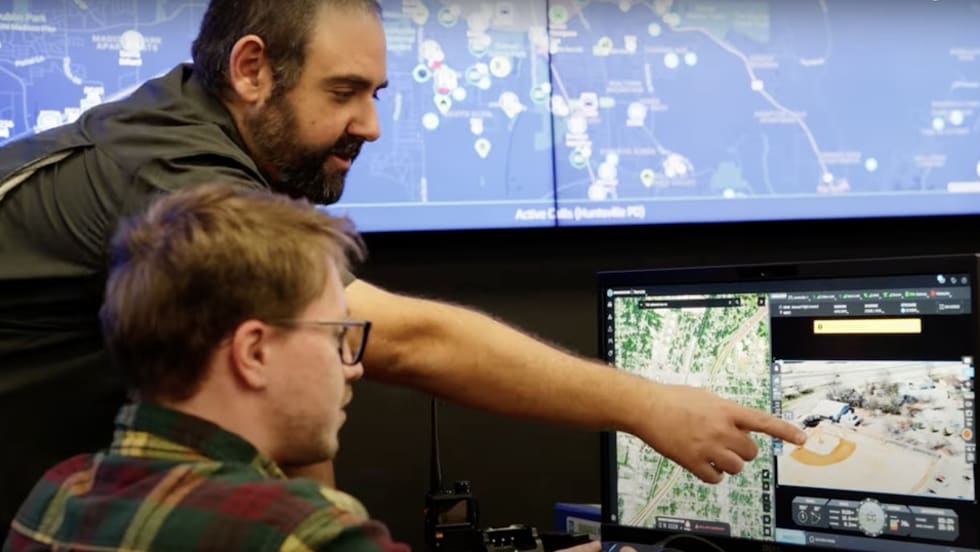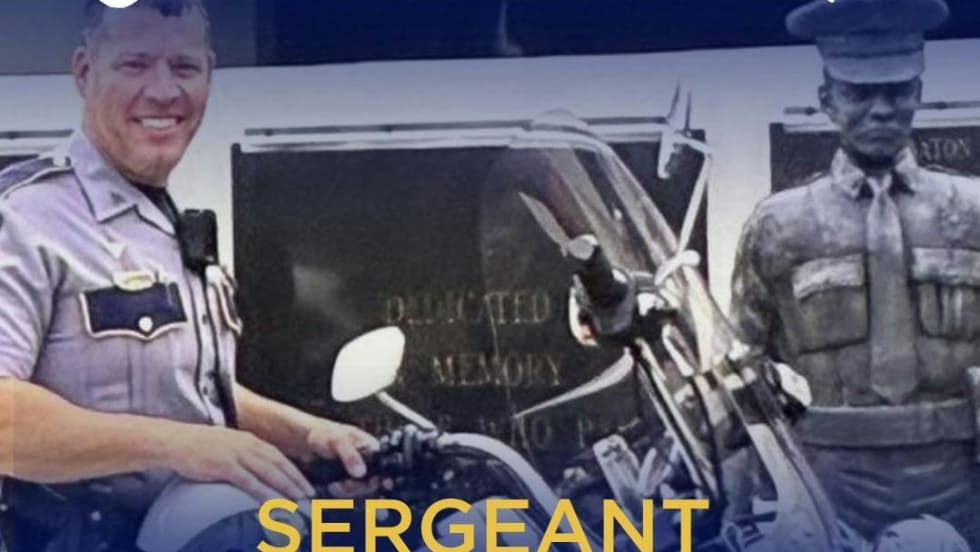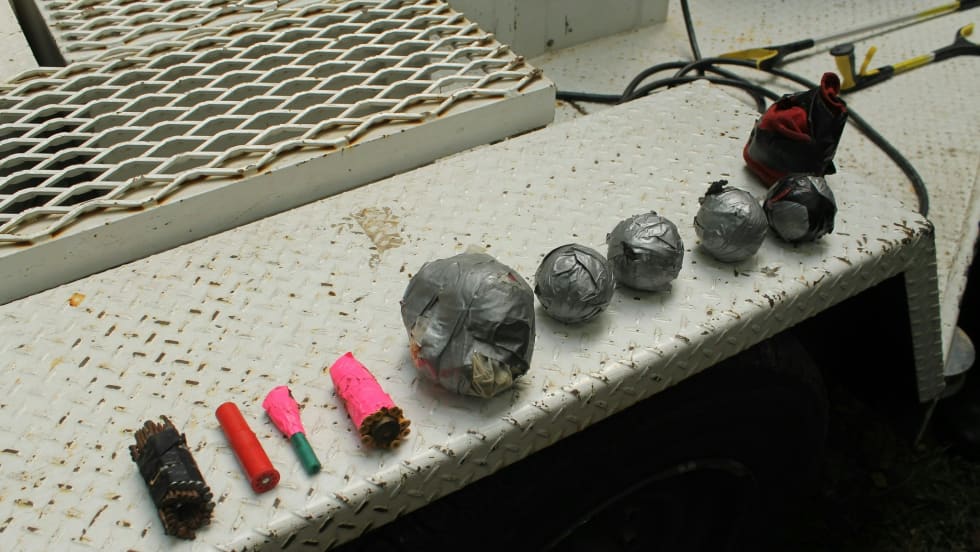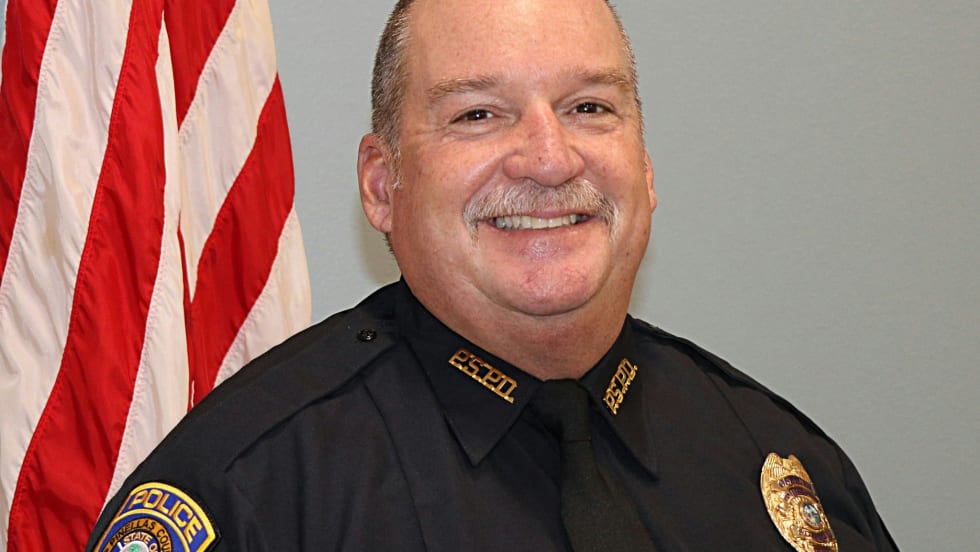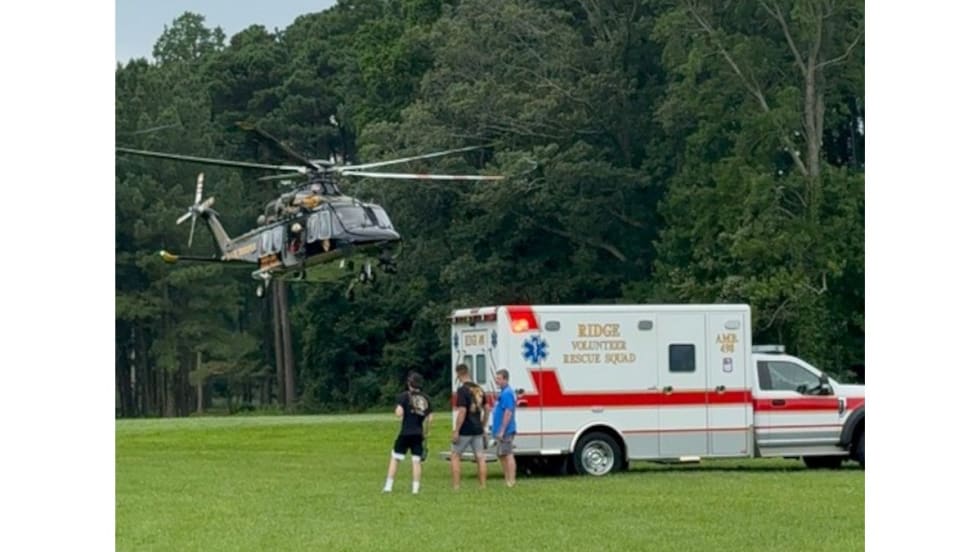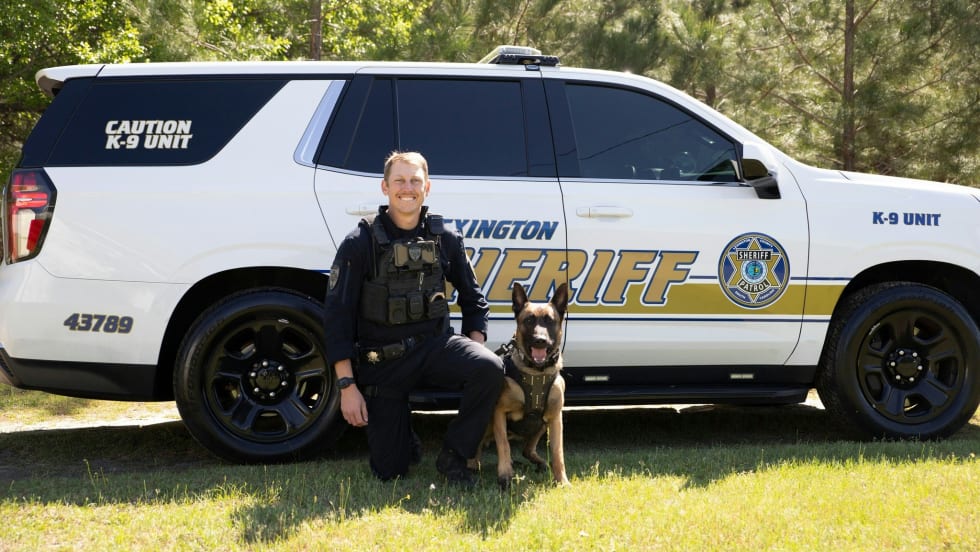Every tactical operation must include, as one of its goals, the safe return of each officer. There is no place for supervisory ineptitude.
No police department would ever consider sending police officers onto the street without proper training or equipment to handle routine calls. Without hesitation, police department send their officers to state-of-the-art equipment. This is equally true when it comes to training and equipping high-risk or specialty units such as SWAT teams, gang units, repeat offender units and emergency response teams.
Unfortunately, the same emphasis on state-of-the-art training is often overlooked, ignored or considered unnecessary for supervisors who are in charge of running SWAT operations. The failure to provide state-of-the-art training to those planning or supervising tactical or high-risk operations places every police officer on the scene in serious peril.
It is not uncommon to find situations where the members of a SWAT team are far more knowledgeable about tactical operations than the supervisors who are in charge. In situations like these, the supervisors sometimes have little, if any, idea as to the capabilities of their teams and equipment. The supervisors have a limited understanding of the tactics which the teams are trained to use or the methods and procedures best suited for handling a particular situation. Additionally, these same supervisors often lack the necessary knowledge to properly deploy manpower, equipment and chemical agents.
Experience Makes the Difference
It is wrong to assign a supervisor to plan or command a tactical or high-risk operation if that individual does not have at least as much expertise, experience and training as the SWAT team members who must execute the plan. To avoid this problem, any person who will be in charge of planning or supervising a tactical operation should receive the same training as the SWAT team members they will be commanding.
The person in charge must have more than just administrative experience. He or she must have tactical experience. This is necessary so that each and every person involved in the planning and supervision of a tactical or high-risk operation will be using the same tactics and operating procedures. State-of-the-art training and equipment will not benefit the SWAT team members involved in a tactical operation if the supervisor in charge of the operation is ignorant as to the capabilities of the team and equipment or as to the existence of basic tactical procedures.
Inexperienced and untrained supervisors in charge of tactical or high-risk operation will make judgment errors, due to their ineptitude. This can lead to serious injury or death for the public and the police officers involved. It places everyone present at risk. It can also lead to personal liability for each and every police officer involved in the operation.
In this day and age when the criminal element has at least as much access to sophisticated information and equipment as do the police officers, we must not lose our tactical advantage. We must maintain the most up-to-date training and equipment as possible. We also must insist that the people in charge of planning and supervising tactical and high-risk operations have the same high level of experience and training as the team members.
Sgt. Dan Kalk is a member of the Bentleyville (Ohio) Police Department and holds a juris doctorate degree from Cleveland State University. Kalk is also a SWAT team leader, a filed training officer, and serves on the POLICE Advisory Board.


